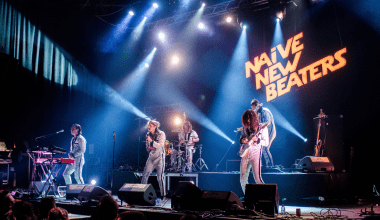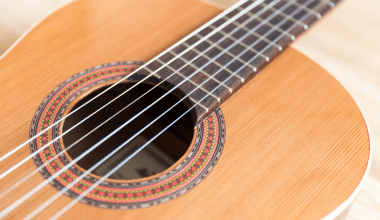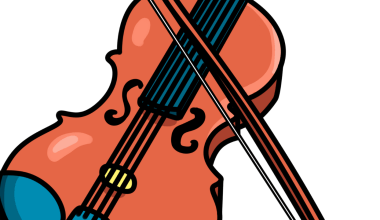Hip-hop rap is a kind of music that feels like a heartbeat. It’s full of energy, emotions, and stories. Hip-hop rap started in the streets but grew into something much bigger. It’s more than just music – it’s a culture. Hip-hop is about DJing, rapping, breakdancing, and graffiti art. But most importantly, it’s about expressing yourself.
How Did Hip-Hop Rap Begin?
Let’s travel back to the 1970s. Imagine the Bronx, a neighborhood in New York City. People didn’t have a lot, but they had big dreams. A DJ named Kool Herc played music at block parties. Instead of just playing songs, he looped the best parts of the beats. That was the start of the beat-focused sound we now know as hip-hop. Soon, MCs (or rappers) began adding words over these beats. They rhymed about their lives, struggles, and dreams. That’s how hip-hop rap was born.
Why Was Hip-Hop Rap Important?
Hip-hop rap gave people a voice. was a way to talk about hard times and hope for a better future. It wasn’t just about fun beats; it was about real stories. The music said, “We’re here, and our lives matter.”
The Golden Age of Hip-Hop Rap
The 1980s and early 1990s were magical for hip-hop rap. This time is called the “Golden Age.” Why? Because the music was so creative and meaningful. Rappers like Tupac Shakur, The Notorious B.I.G., and Public Enemy became superstars. They talked about everything – love, struggles, racism, and life in the city. Their words touched hearts around the world.
Hip-Hop Rap Goes Global
Can you believe hip-hop rap is now famous in every corner of the world? In the 1990s and 2000s, artists like Eminem and Jay-Z made hip-hop even more popular. Then, it started traveling to countries like India, Japan, and France. Every place added its own flavor to the music. For example, Indian rappers like Divine and Badshah mix Hindi and local slang with beats, creating something unique.
Women in Hip-Hop Rap
Hip-hop rap isn’t just for men. Women like Queen Latifah, Missy Elliott, Nicki Minaj, and Cardi B have shown the world how powerful they can be. They rap about confidence, life as a woman, and breaking barriers. Their music inspires young girls everywhere.
How Technology Helped Hip-Hop Rap Grow
Did you know you can now create a hip-hop rap song with just a laptop? Thanks to tools like AI mastering and platforms like YouTube and SoundCloud, anyone can make music. These platforms helped artists like Post Malone and Lil Nas X become famous overnight. Technology has made it easier for people to share their music and connect with fans.
Different Styles of Hip-Hop Rap
Hip-hop rap isn’t just one thing. It has so many styles!
- Old-School Rap: Simple beats and catchy rhymes.
- Gangsta Rap: Stories about tough lives and survival.
- Trap Music: Heavy bass and unique beats.
- Mumble Rap: Words that flow smoothly with the beat.
Each style has its own fans and charm.
Hip-Hop Rap in India
India has its own special hip-hop rap scene. Rappers like Divine and Emiway Bantai tell stories of life in Indian cities. The movie Gully Boy brought Indian rap to the big screen and made it popular everywhere. Now, kids in small towns are writing rap songs, dreaming of becoming stars.
The Message of Hip-Hop Rap
What makes hip-hop rap so special? It’s honest. Rappers share their struggles, victories, and everything in between. Songs like Kendrick Lamar’s “Alright” give hope to people fighting for justice. Hip-hop reminds us that we are not alone in our battles.
Challenges in Hip-Hop Rap
Like everything, hip-hop rap has faced challenges. Sometimes, people think it’s too loud or aggressive. Others criticize it for being too commercial now. But true hip-hop fans know it’s still about the art and the message.
What’s Next ?
The future of hip-hop rap is bright. More artists from different countries are joining in. Technology like virtual reality could make concerts even cooler. And who knows? Maybe the next big rapper is practicing in their room right now!
Related Articles:
For further reading, explore these related articles:
- How to Become a Successful Music Artist in India in 2024?
- Promo Cards on Spotify: A Game Changer for Artists
For additional resources on music marketing and distribution, visit Deliver My Tune.






